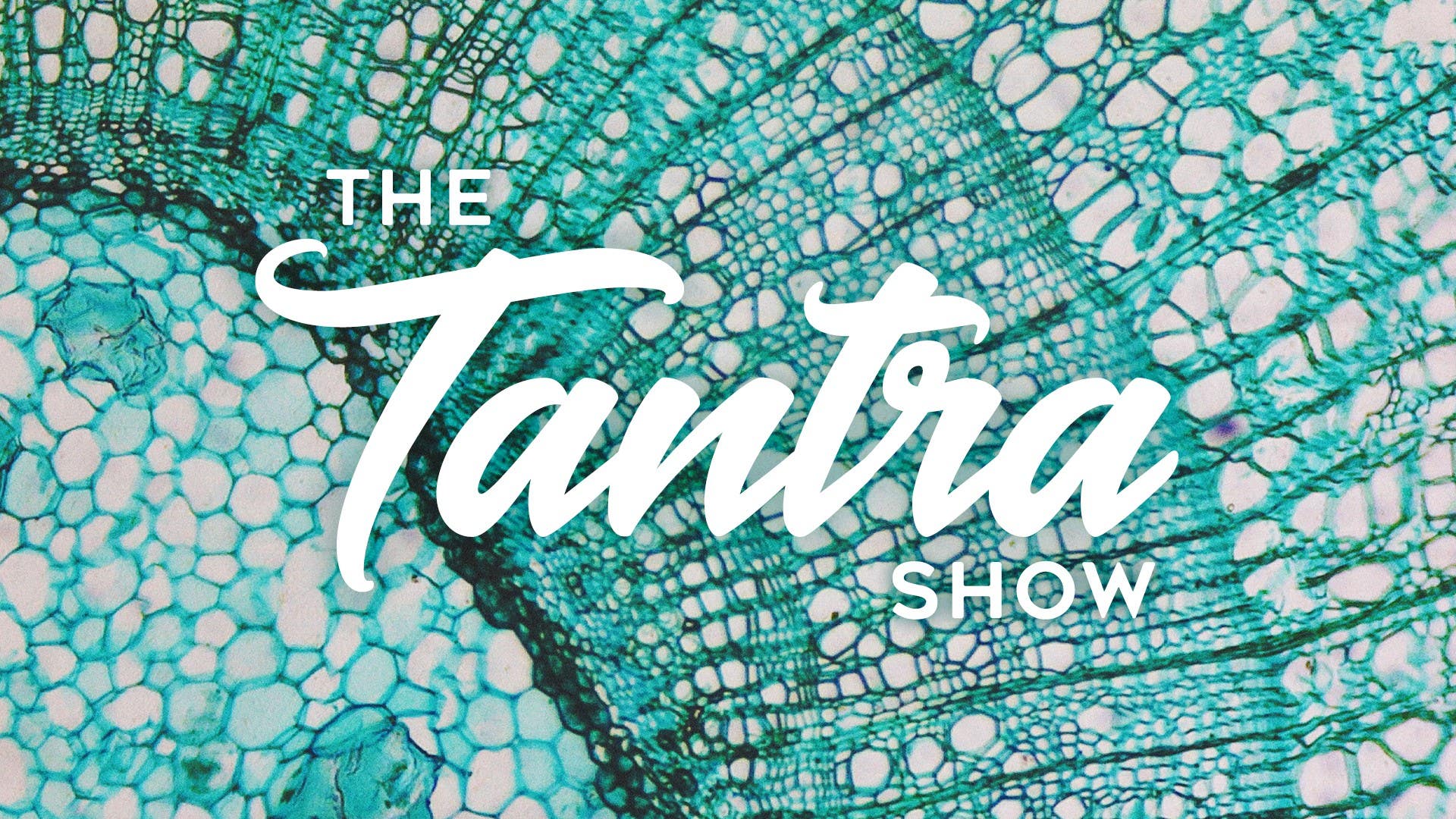Description
About This Video
Transcript
Read Full Transcript
In India, there are many types of puja. Puja is a word that means ritual worship. Possibly, the simplest of these types is called the panchopachara puja, which means the puja employing five offerings. And this is a particularly useful puja if when you make these offerings to whatever you would like to make those offerings to, when you make these offerings, if you at the same time on the inside make those offerings to the internal elements. So you're making them to the external elements. You can make them to the internal elements at the same time. So that's what we're going to encourage you to do. And so we're going to initially make the offerings externally, and then we're going to do so internally. The five elements, of course, are the earth, water, fire, air, and space. And the five substances that we're going to apply is either a fragrant paste, like the paste of sandal wood or of agar wood. And since neither of these are easily available nowadays because you have to have both that substance and something to turn them into a paste on, we can just as easily use an essential oil. And this will be because, of course, the sense organ associated with the earth element is the sense of smell. The sense organ associated with the water element is the sense of taste. So we have something tasty, something tasty to offer to the, whoever it is we're offering to, in addition to offering it to the sense of taste. The sense of sight, of course, and the fire element is associated with fire itself. And we have a candle, for example, any kind of way that you would like to manifest fire is appropriate, but a candle is an easy, convenient, and handy way to do it. The air element is associated with the sense of touch. But in this particular case, the air element we're going to, the offering we're going to make to the air element is that of incense because the smoke will move around in the air. And the offering we're going to make to the element of space is the flower. Because note how the flower takes up space in a very attractive, demure and agreeable fashion. So what we're going to ask you to do right now is participate, and at the moment that you are doing what I'm doing. First of all, you must have something to focus on. It could be your devata, your preferred divine personality that you would like to worship. And remember that tantra is not at all sectarian. There are Hindu tantras, Buddhist tantras, Jaina tantras, and there is no reason there could not be a Christian tantra, a Muslim tantra, or any kind of other tantra. Tantra has nothing to do with religion. Tantra is a practice. So whoever it is, that is the personality that you are trying to emulate, that you are taking as your guiding light, that you have accepted as the direction in which you wish to go. You request that personality to be present in front of you, and you make these offerings to that personality. So we will do that. We have requested the person, the individual, supreme divine individual. We would request that individual to come here. And then we will first offer the oil to that individual, requesting that devata, that divine personality appreciate the fragrance of the oil, and then appreciate the fragrance and the taste of the food. Yes, it is true that they being ethereal are not going to be able to eat the food, per se, but they can certainly see the food and partake of the food in that way. And then we can offer the flame and present and request them to see clearly, to see us and permit us to see clearly then. And then we will offer the incense and the air element and request the prana to circulate well within us so that they can influence us in a positive way and be present within us and have the prana move within us so that it facilitates our own personal transformation. And then we can offer the flower. And that flower represents not only the space on the outside, but also the space on the inside. And we're requesting that the space be harmonious and that there should always be harmonious space that exists in the space that that personality and we are creating together. So now you've done this externally. Now close your eyes and let's do this internally. So what you're doing, you remember that you have offered the essential oil and now you're offering that essential oil to the muladhara. And you're requesting that essential oil to number one, create stability and a very fragrant kind of stability in your organism and to create the sort of stability that is going to facilitate the presence of that desired divine personality within your organism. And when you have been able to feel to some degree that there has been an alteration in your internal awareness that makes you more open to that individual that you are focusing on, then you proceed upwards and you move to the place where the water element is located and you offer those items to the water element. And an advantage here is you already have offered them to the desired divine personality. So they have taken on some of the qualities, very subtle no doubt, but still subtle counts. You've taken on some of the subtle qualities of that subtle divine personality and now you, by offering them internally, are taking some of those qualities and placing them on the inside. So you take the food and you offer it to the water element and you request all of the juices that circulate on your inside your organism to be very subtle, very nourishing, nectarian, ambrosial, juices that are not simply nourishing you but are transforming your very tissues to make you a better vessel for that divine energy that you are requesting to descend into you. And then you offer the flame into the area in your body that is the seat of the fire element, the solar plexus. And you request the fire in the organism to be very, very efficient and very, very alert. The job of the fire is to discern. The digestive fire takes what we need out of the tissues and throws out what we don't. So it is performing discrimination or discernment, taking what we want, getting rid of what we don't. If we retain the majority of our attention in the body on the physical fire, the jakta-ra-agni, then what will happen is it will be very difficult for us to become more spiritual. So we have to progressively reduce the amount of the food that we eat and increase the good qualities of the food that we eat so that we need less food, so that by eating less food we can ignite more effectively the fire that is going to transform the mahabhuta, the fire in the mahabhuta form, the agni-mahabhuta form, agni meaning fire. And so we're requesting the fire to transform not only the organism, not only our awareness, but its own very self within us. And then once we get to the chest area, we offer the incense to the chest. And this is the place, the heart, that is sending out not only the oxygen and not only the sugar and not only the other nutrients, but also the prana to all parts of the body. So we're requesting fragrance to be associated with that prana, so that prana is going to all parts of the organism. It is going out there and it is bringing not just nutrients, but it's bringing vitality of a very refined and subtle variety that is going to facilitate at the cellular level this transformation that we're working towards. And then we come up to the area where the space element is located and we offer a flower to that space element so that the entire, because this is the place in the organism that's the boundary between the more physical parts of the organism and the more mental and emotional and non-physical parts of the organism. So we're requesting this space, which is a very critical space because it is the boundary between the head and the body. We're requesting this space to be a very harmonious space, a space that is associated with sukkha. Sukkha is a Sanskrit word that literally means good space. Dukkha means bad space. So when you hear Lord Buddha saying saravam dukkham dukkham saravam, he doesn't literally mean that everything is miserable and terrible.
What he means is everything is fundamentally unsatisfying in a permanent kind of way because we will never have a permanently well-balanced space. Things are always changing and we always have to change along with them. But we want to keep as clear as possible an idealized version of healthy, well-integrated, enthusiastic, energetic space because if we have that on the inside, it will preserve as much as possible the balance of the appropriate and harmonious space in our organism and in particular, especially nowadays, between our bodies and our heads. So you have offered all of these external things to your desired divine personage and remember that if you cannot find these literal external things, feel completely free to visualize them. Visualize them first offered to that personage, visualize them then offered into the five elements and when you have finished with this process, the beginning was you requested the divine personage to come. At the end, you request the divine personage to return to where he or she came from and you request your organism to bow down to that divine personage, open itself to the influence of that personage and facilitate your evolution in the right direction at the right speed and offering thanks, you request, having requested that personage to return to where it is your puja has ended.
The Tantra Show
Comments
You need to be a subscriber to post a comment.
Please Log In or Create an Account to start your free trial.










